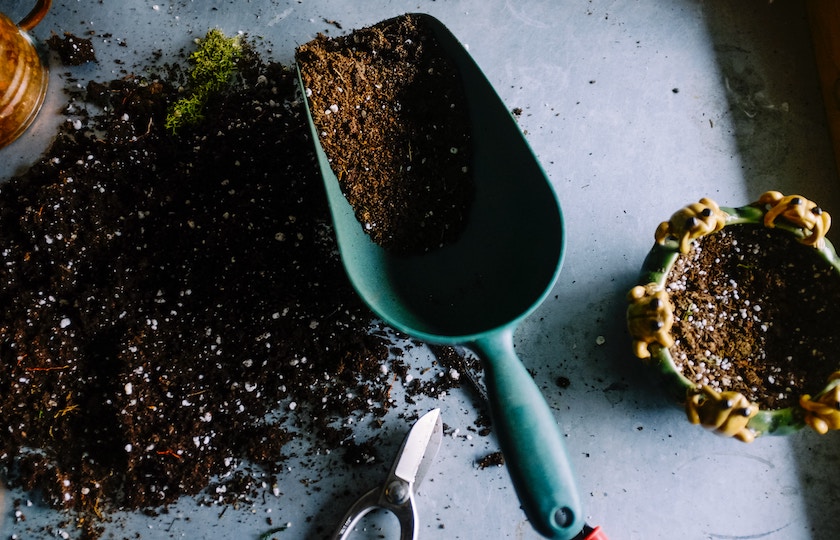Evidence suggests the days of single-use plastics are numbered, with many countries, including Australia, taking significant steps to reduce their waste.
No doubt this is a tremendous feat for the planet, especially as we see sustainable-based alternatives become more accessible to consumers and business owners.
One such sustainable solution is compostable packaging. Noted for being an innovative and renewable resource, compostable packaging works on the premise of a circular economy – taking plant-based fibre and returning it back to nutrient soil.
As someone who has been in the industry for almost two decades, I have seen this product work, and at scale. You only need to look at such regions as South Australia which are seeing remarkable success to understand its capabilities as a viable solution to our current waste crisis.
However, as we see more players enter the market, there is a huge variability in the compostable products that are now available. This is causing disruption and confusion about the correct disposal method of a product. And, more alarmingly, whether a product is actually compostable and designed for a circular economy.
Greenwashing
The truth is, the packaging industry is sadly rife with greenwashing claims – with many products, services or practices appearing more environmentally friendly than they actually are. For example, terminology such as “plastic-free”, “biodegradable” and even the word “compostable” may not be true.
As such, we are finding that many compostable logos or claims are not always being used properly or are just plain greenwashing. This is leading to confusion and has the potential to cause disruption and a lack of confidence from the composters, and the wider industry, if we do not tackle it head on.
So how do we know what to look for?
Certifications
Ultimately, not all packaging is made equal – and this is why we need certifications, which exist for transparency, helping businesses and consumers feel confident in the products and services they support.
In Australia, there are two logos that everyone should look out for:
The Industrial compostable certification logo – this means that this packaging needs to be commercially composted. The industrially compostable logo is to Australian and European standards (AS4736 and EN13432). It is a green circular logo with a seedling with two leaves.
The home compostable logo certification – this means that this packaging can be either home-composted or commercially composted. The home compostable logo is to Australian standards (AS5810). It is a green home compost bin with two arrows forming a circle.
Why are these certifications important?
Well, if a piece of packaging displays either of these logos, it means they’ve undergone a stringent test regime to become certified home or industrially compostable to Australian and New Zealand standards.
But it’s more than a logo, it’s a registered trademark owned by the Australasian Bioplastic Association (ABA) – an industry body dedicated to promoting compostable materials that are made from renewable resources.
Certified Compostable logos prove compostable products are what they claim to be, and are
the stamp of approval that provides confidence for composters and the wider industry – and
consumers can easily check the ABA’s website to see which compostable products are actually certified.
Regulations and education are key
As we look towards the future, legislation and regulations will be critical in combating greenwashing and ensuring that those in the market are not misleading (intentionally or unintentionally) consumers and businesses who are trying to do the right thing.
Education also plays a vital role in helping people better understand compostable packaging standards and what to look for when disposing of a product.
The rise of the conscious consumer shows that people genuinely want to do the right thing. It is up to the packaging industry to play its part in creating an ethical playing field that shares a harmonised approach where all compostable packaging requires the same set of certifications to be deemed compostable.



